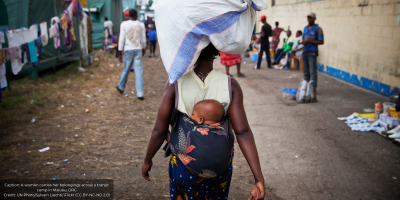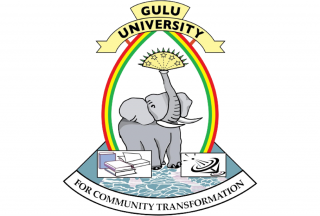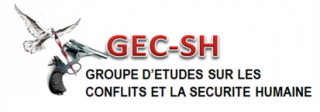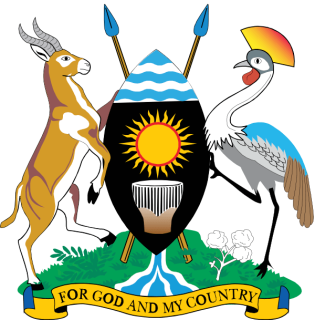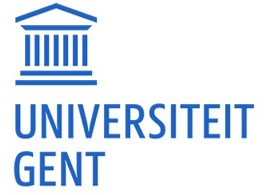Hub pour l’Afrique centrale et l’Est
À propos de ce hub
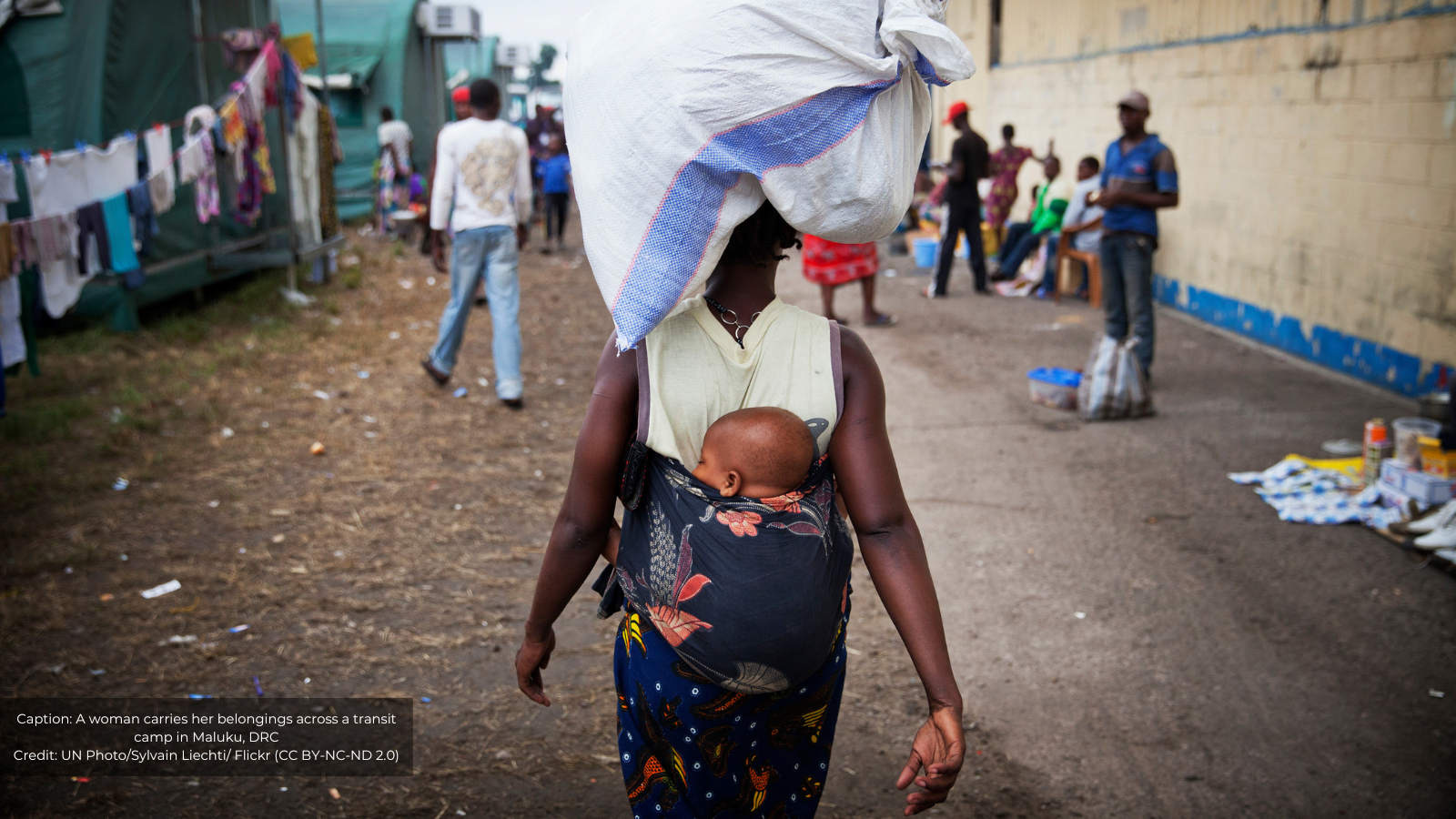
Le hub pour l’Afrique centrale et l’Est rassemble des chercheurs, des intervenants humanitaires et des professionnels de la santé publique qui œuvrent principalement au République démocratique du Congo, République du Soudan du Sud République d’Ouganda afin d’étudier les enjeux sociopolitiques et historiques liés aux crises. L’objectif est de renforcer les programmes nationaux et humanitaires visant à atteindre les groupes vulnérables. Nos travaux sont axés sur les crises actuelles et de longue durée liées aux conflits, aux déplacements forcés, à l’insécurité alimentaire, aux moyens de subsistance, à l’environnement, à la santé et aux flambées épidémiques.



